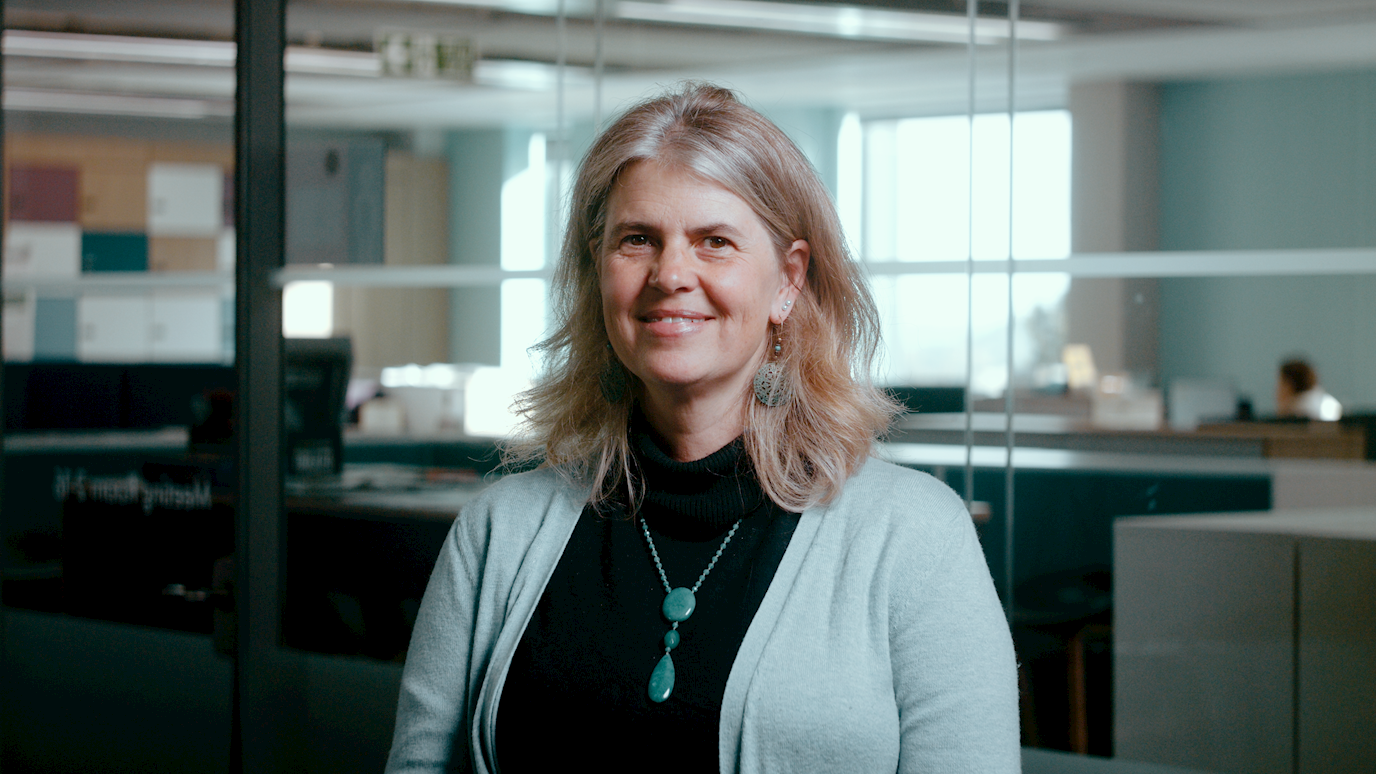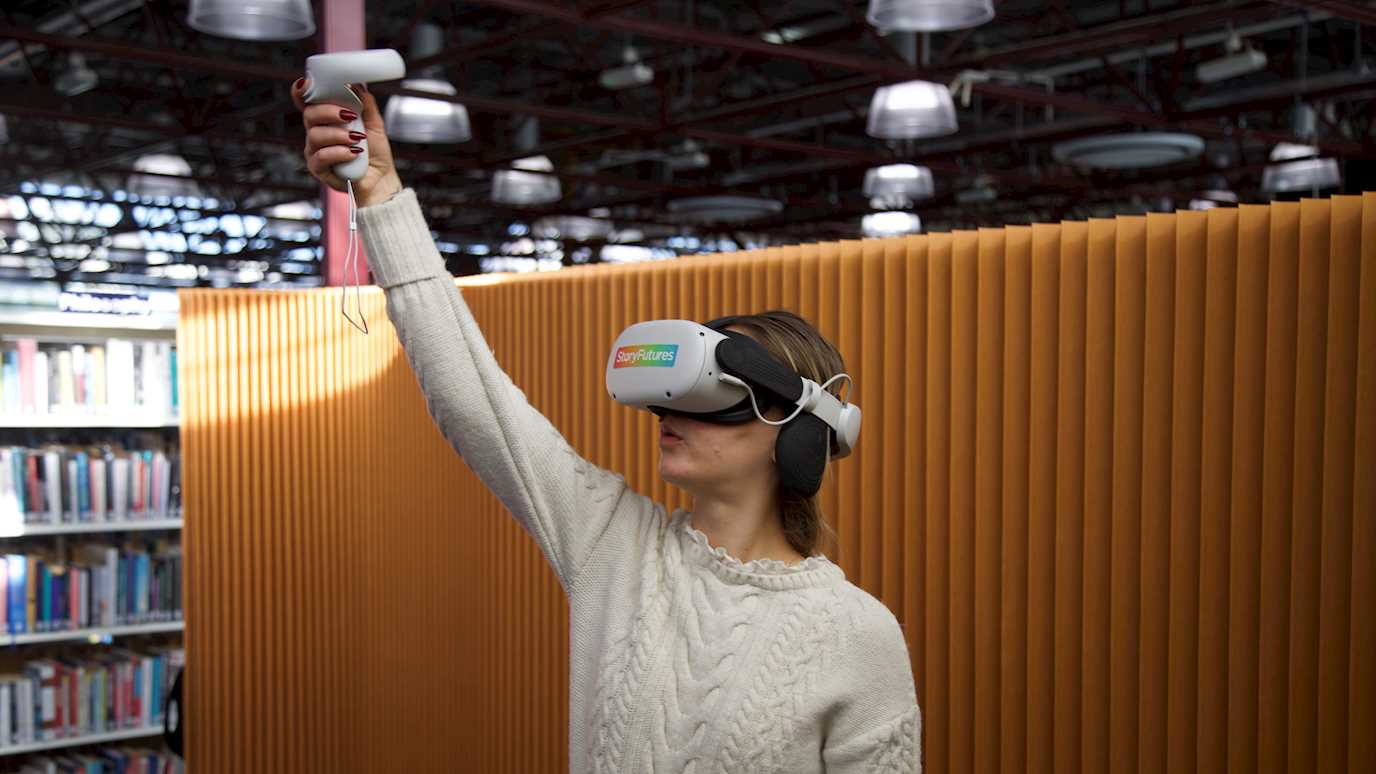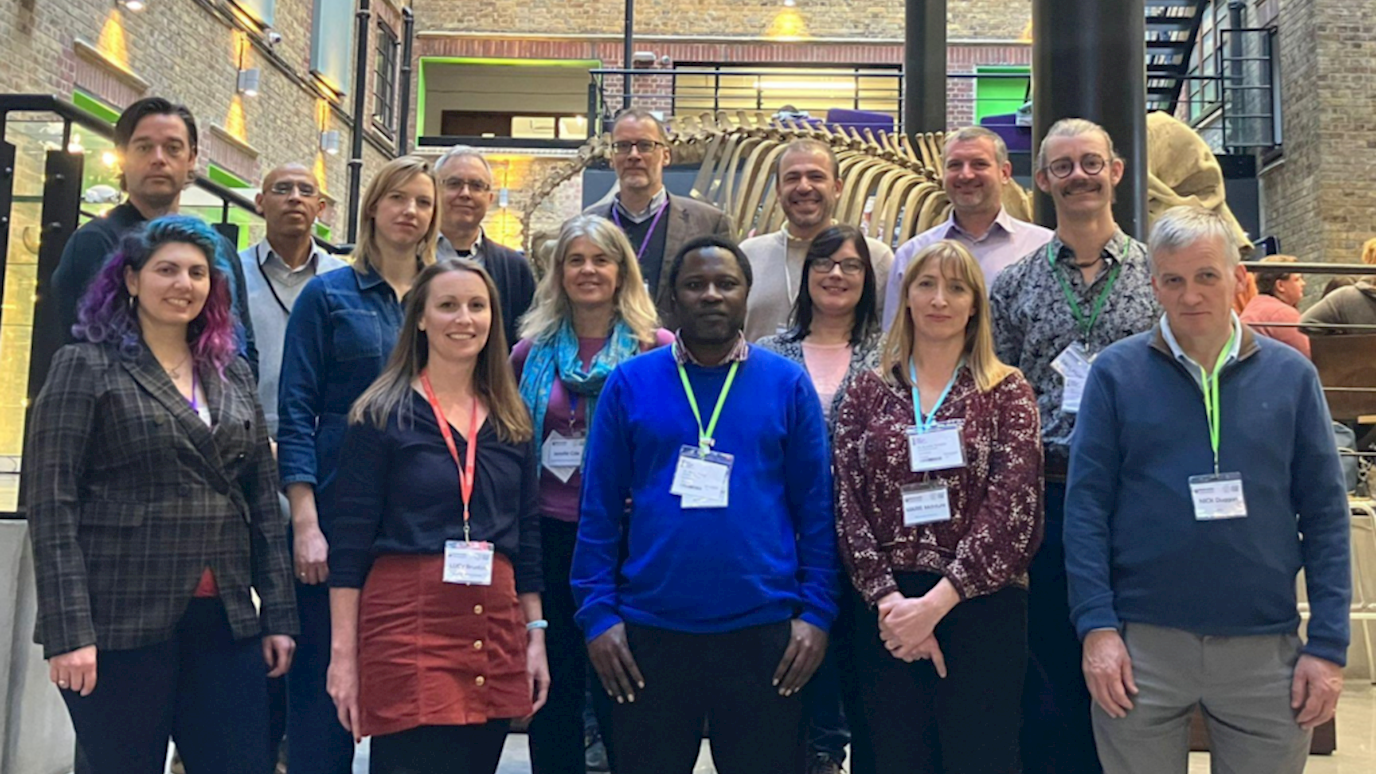Dr Jennifer Cole is interested in looking at the bigger picture with health to understand what conditions are leading to ill-health, rather than just what treatments are available.

Dr Jennifer Cole, Health Studies department
-
What is your role in the Department of Health Studies?
I'm a Lecturer in Global and Planetary Health and course director for the MA Global Health: Culture, Behaviour and Society, and MSc Global Health: Human Health and the Environment.
-
What are your main research interests?
My research investigates large scale health risks at a population level that could potentially disrupt the ability of society to function as normal, including pandemics and infectious disease; antimicrobial resistance; and disruption of health systems due to conflict, severe weather events or other societal disruptions. I also have research interests in health communication and information exchange.
-
Could you tell us a bit more about your recently completed project funded by the UKRI Arts and Humanities Research Council?
I've recently finished a project on mutual aid and food provision during COVID-19 (https://mutualaid.uk) which highlighted how much of the impact of the pandemic has been down to socioeconomic factors such as poverty. I'm also currently working in Kenya on a project looking at the role of local markets and backyard farming on childhood nutrition.
-
What do you find most rewarding in your role as Course Director for the new Global Health masters degrees and Lecturer in Global and Planetary Health Studies?
It's really rewarding to have the opportunity to develop research and teaching to explore the social and environmental determinants of health from within a multidisciplinary department, working alongside colleagues from a wide range of backgrounds, disciplines and fields with such a wide range of interests. You really need to look at the bigger picture with health and understand what conditions are leading to ill-health, rather than just what treatments are available. Prevention is always much better than cure.
-
What do you enjoy most about working at Royal Holloway?
Royal Holloway is a great place to do truly interdisciplinary and transdisciplinary research. It's small enough that you can easily know colleagues from other departments and there is a proactive attitude to working across departments, and also with organisations and businesses from the local community.
























